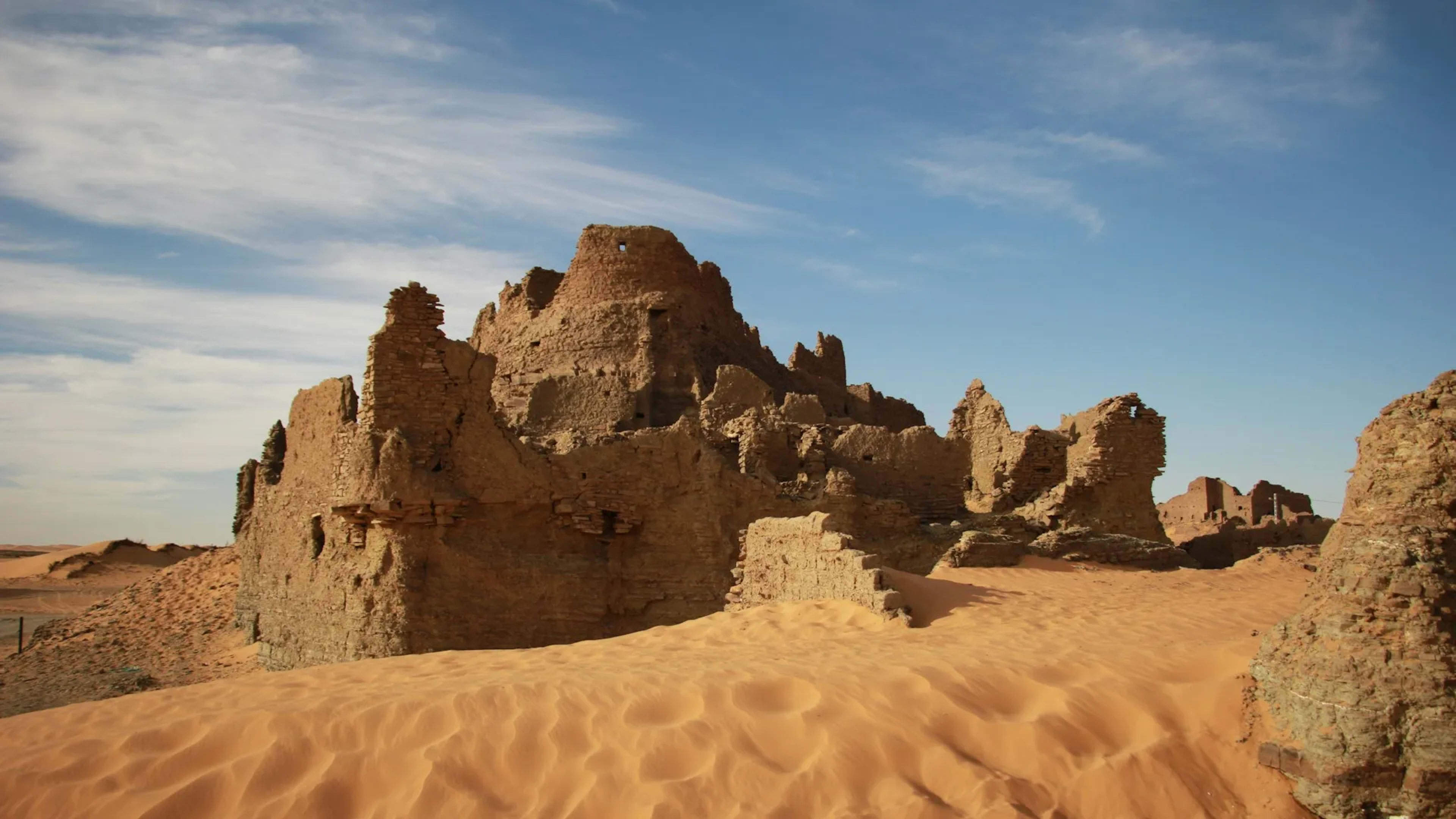Location & Transportation
The port area is very walkable, and you’ll find that many of Algiers’ attractions are just a short stroll away. I love how easily you can step off the ship and immerse yourself in the city’s vibrant street life. Taxis are also readily available if you’d prefer a quicker way to get around, and you can use local buses to explore further afield.
Sightseeing
Algiers is a fascinating mix of history and modernity. The city stretches over 16 km of hilly terrain along the Bay of Algiers, showcasing dazzling white buildings that shine under the Mediterranean sun. You can wander between two distinct areas:
- The modern part of the city, built during French colonial times, boasts wide boulevards, theaters, museums, and even an opera house.
- The old city, known as the Kasbah, is a maze of narrow, twisting streets. This 16th-century Turkish fortress forms the heart of the historic quarter and offers a glimpse into centuries past.
Don’t miss a visit to some of the top cultural spots, including:
- The Bardo Ethnographic and Local Art Museum: Known as one of North Africa’s finest museums.
- The National Museum of Fine Arts: A treasure trove of art reflecting Algeria’s rich cultural tapestry.
Tours & Excursions
If you have a bit of extra time, there are several nearby destinations worth exploring:
- Zeralda: A lively beach resort complete with a holiday village and even a replica nomad village that gives you a taste of local traditions.
- Tipaza: Just a short ride away, you can explore exceptional ruins spanning Roman, Punic, and early Christian periods, along with a fascinating Numidian mausoleum.
- Chiffa Gorges and Kabylia Mountains: These areas offer breathtaking rural scenery, where fig and olive groves dominate the landscape. In the winter, some of these regions even transform into ski resorts!
- Turquoise Coast & Sidi Fredj Peninsula: To the east of Algiers, rocky coves and long, sandy beaches await. At Sidi Fredj, you’ll find a marina, an open-air theatre, and full amenities for water sports and leisure.
These excursions are a great way to experience a blend of coastal relaxation, ancient history, and stunning natural landscapes.
It‘s a good idea to compare shore excursion costs between what your cruise line offers and options like Viator and GetYourGuide. They often provide lower prices and include customer reviews and ratings to help you choose the best option. They may also offer more more flexible cancellation or rescheduling policies than those available through your cruise line. However, while booking independently might give you more variety and potentially better rates, be mindful of your schedule - cruise line excursions are typically coordinated to match your ship‘s schedule with guaranteed pick-up and drop-off times.
There is also a great resource for finding local guides at Tours by Locals. Tours by Locals connects you with local guides who can help you plan a private personal tour, guide you, and get you back to your ship on time. You can also check out Rome2Rio for local transportation options. It is a great resource for finding how to get from one place to another, including public transportation, taxis, ferries, and more.
Shopping
In Algiers, shopping is an adventure in itself. Wandering through the Kasbah’s labyrinthine souks, you can discover local handicrafts, traditional pottery, and rugs. The markets often overflow with vibrant textiles and unique souvenirs that provide a true taste of Algerian culture. Whether you’re hunting for a special gift or simply soaking in the local atmosphere, the bustling bazaars are a must-visit.
Dining
Dining in Algiers is a delightful experience, blending Mediterranean flavors with North African spices. I recommend sampling traditional dishes such as couscous, tagine, and brik. Many restaurants in the modern part of the city offer outdoor seating where you can enjoy the cool Mediterranean breeze while savoring your meal. For a local favorite, try one of the family-run eateries tucked away in the Kasbah, where the recipes have been handed down through generations.
Culture & Local Events
Algiers is vibrant with culture and history. Here are a few insider tips on what to expect:
Local Events
- National Celebrations: Experience the patriotic spirit on Independence Day (July 5), when the city comes alive with public events and festivities.
- Religious and Seasonal Festivals: As a predominantly Muslim country, Algeria observes Ramadan and other Islamic festivals, which can influence dining schedules and business hours. Additionally, local celebrations like Yennayer (Amazigh New Year) add a unique cultural flavor.
- Art and Film Festivals: The city occasionally hosts film festivals and art exhibitions, reflecting its growing contemporary arts scene.
Culture, Currency & Communication
- Currency & Payments: The local currency is the Algerian Dinar (DZD). While major credit cards are accepted in some places, I recommend carrying some cash for use in local markets and smaller establishments.
- Language: You’ll hear Arabic, Berber, and French spoken throughout the city. A little French goes a long way here, and most locals are friendly and happy to help if you need directions.
- Local Business Hours: Shops and markets may follow a split schedule – open in the morning, closing around midday for a break, and then reopening in the late afternoon until early evening. It’s a good idea to plan your shopping and dining accordingly.
- Safety & Awareness: Algiers is generally welcoming to tourists; however, as in any major city, be mindful of your belongings in crowded areas. If traveling at night, stick to well-lit and busy streets.
